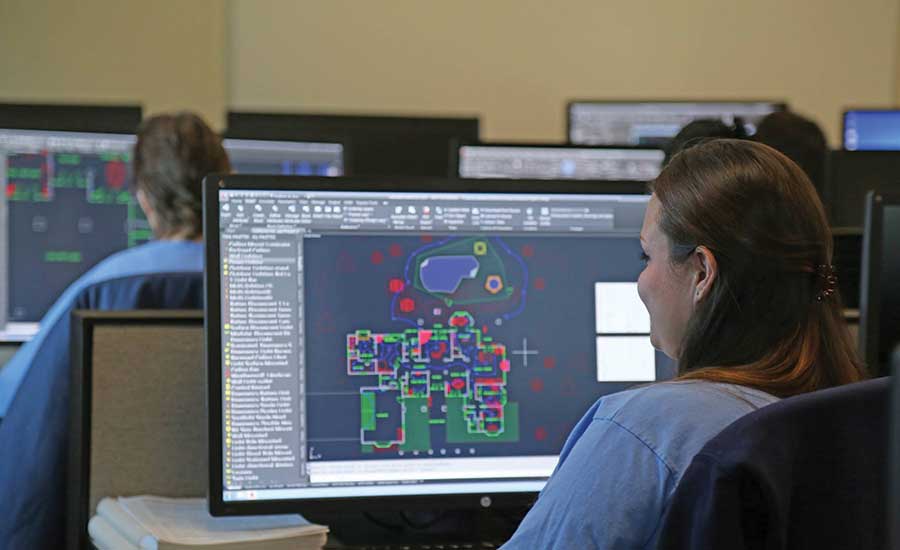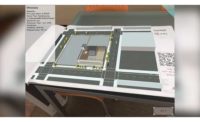The opening of a new technology training center at Folsom State Prison’s Women’s Facility in California this October marks a milestone in a three-year-old program that is the only authorized Autodesk-certified CAD training in a state prison. The center offers CAD and computer-coding classes for women preparing to leave prison, training a potential new pool of workforce talent for the engineering industry.
Chuck Pattillo, general manager for the California Prison Industry Authority (CALPIA), says he approached Autodesk in 2014, looking to add to CALPIA’s Career Technical Education (CTE) program. Working in collaboration with unions, CTE launched in 2006 and offers training in ironworking, general construction skills, facilities maintenance and commercial diving.
In 2014, CTE added computer coding to San Quentin State Prison and CAD to Folsom. “We were looking for another specialty that would transform into a job, and CAD is such an important one,” says Pattillo. “We reached out to Autodesk.”
The program includes AutoCAD, Inventor and Revit. Students must have some computer and math skills and a general education certificate. They also must have at least two years left on their sentence and no violations in the past six months.
AutoCAD and Inventor are a combined course that takes about six months to complete; Autodesk Revit also takes six months. In a presentation at Autodesk University last month, Misty Dyas, a CALPIA Autodesk-certified instructor, said 128 women have earned 160 certificates, with 29 in all three programs. Fifty have since been paroled; so far, none have returned to jail.
Dyas listed a dozen firms and schools for which they now work. The recidivism rate for CTE graduates is 7% as compared to nearly 50% in general, says Pattillo. When a parolee doesn’t return to jail, it saves the state $72,000 a year in housing costs, he notes. There are a variety of hiring incentive programs available in the state for potential employers.
Without state aid, CALPIA funds the CTE program with its revenues from products created through CALPIA programs, for $360,000 a year to train 56 inmates. Aside from CTE, CALIPA offers more than 40 other kinds of vocational training for about 8,000 offenders. CALPIA’s board in July approved an additional $12 million to bring computer coding and Autodesk CAD training to male offenders at Pelican Bay State Prison and coding to Ventura Youth Correctional Facility.






Post a comment to this article
Report Abusive Comment